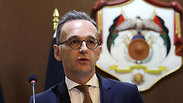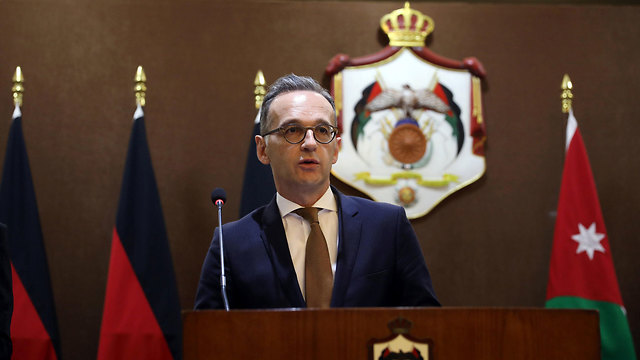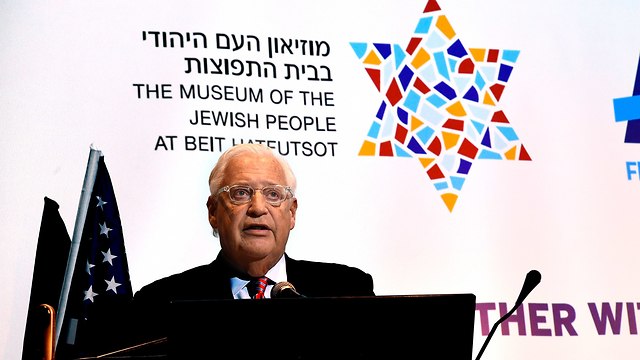
"We are still in agreement that reaching a two-state solution through negotiations is the only solution," Heiko Maas said during a press conference in Amman with his Jordanian counterpart.
President Donald Trump's team in charge of the plan has said the initial summit will address the economic issues related to the conflict, specifically focusing on how foreign investment can improve the economic situation of the Palestinian people.
The conference's itinerary, which has not been publicized in detail, has already been heavily criticized for failing to address political concerns, which detractors see as the primary barriers to peace.
"We and Germany agree that the two-state solution is the only way to end the conflict," Jordanian Foreign Minister Ayman Safadi said.
Mass and Safadi met a day after U.S. Ambassador to Israel David Friedman was quoted by the New York Times as saying Israel had the "right" to annex at least parts of the West Bank.
The Palestinians have all but frozen diplomatic relations with Washington since Trump announced the US embassy would move from Tel Aviv to Jerusalem, effectively recognizing the disputed city as Israel's undivided capital. Palestinian officials have continuously slammed all US efforts to mediate, citing the more recent U.S. recognition of Israel's sovereignty in the Golan Heights as further evidence that Trump's administration is irredeemably biased.
Trump's son-in-law and senior adviser Jared Kushner, who is heading the peace plan's construction, has hinted that it will not endorse international calls for the creation of a Palestinian state.


















